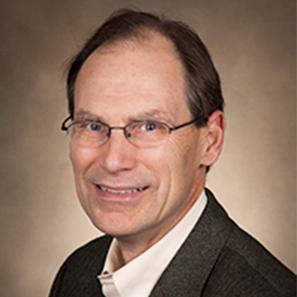Audio of George Rable Lecture Now Available
On October 18, 2016, George C. Rable, Charles Summersell Professor Emeritus of Southern History at the University of Alabama, gave a lecture in the auditorium of the Harrison Institute Small Special Collections Library titled, "How Much Should We Hate the Rebels?: Northern Wartime Debates on Hatred and Vengeance."
For those unable to attend, we are pleased to present an audio recording of the lecture. We hope you enjoy it. We owe a special thank you to Sean McCord of the Special Collections Library for making this possible.
Audio file
